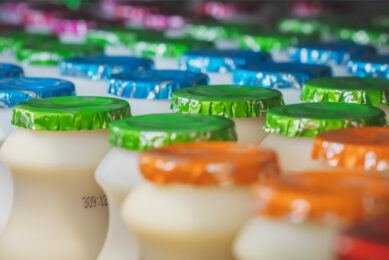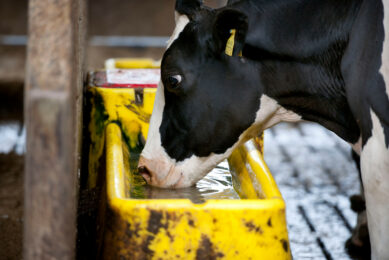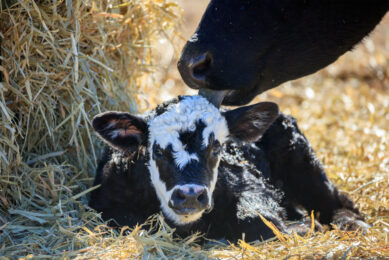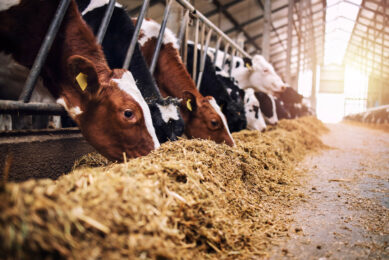Heat stress: Yeast and antioxidants can help
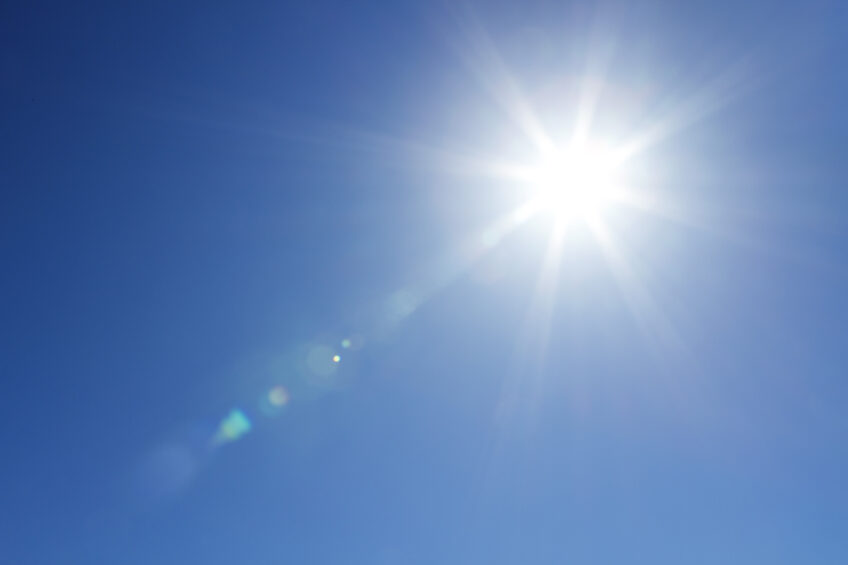
As we see the consequences of climate change, heat stress is becoming a growing issue for high producing cattle. Rumen specific live yeast and antioxidants can counteract the effects of this problem.
Heat stress can cost dairy or beef farmers a significant amount of money, due to production losses in milk and growth. In dairy cows, the first short-term impact of heat stress is the reduction of milk yield. A 10 to 35% reduction is usually acknowledged. Acidosis risks are also increased. In beef, fattening cattle are the most sensitive to heat stress. Consequences include increased acidosis risks and the reduction of feed intake, in particular lower fibre consumption, which translates into lower growth performance and behavioural changes. Producers often see less calm, more nervous animals. It has been shown in fattening heifers that animals in the shade had a 100 g/day increase in average daily weight gain, as compared to those with no shade, due to higher feed intake in the shade. Moreover, these animals were less stressed and showed less carcass defaults (dark meat).
Increases mastitis and fertility problems
Longer term consequences can arise on animal health, immune function or reproduction, especially as heat stress generally increases the production of free radicals, leading to oxidative stress. Oxidative stress in dairy cows can lead to increased mastitis frequency and higher somatic cell counts in milk. It can also cause decreased fertility, increased embryo mortality, post-partum retained placenta and early calving, with consequences on the calves’ live weight, mortality and health.
Reducing heat stress with feed additives
Rumen specific live yeast Saccharomyces cerevisiae I-1077, considered as a rumen modifier, can help alleviate the impact of heat stress. In particular, its ability to help stabilise rumen pH and enhance fibre degradation in the rumen is particularly adapted to respond to heat stress challenges. Several trials showed good results in both dairy and beef cows.
Trials with a nutritional supplement , an antioxidant combination containing organic selenium, and a natural primary antioxidant source showed that the animal’s total antioxidant status (TAS) is improved, translating into: reduced somatic cell count in milk by 40-60%, a sign of enhanced immunity (also shown on dairy goats) and improved meat quality parameters in cattle.
Key nutritional recommendations
In addition to these supplements, key nutritional recommendations can help alleviate the toll of heat stress on dairy and beef herds. These include for example: Increase the energy density of the diet, add more starch or added fat to the diet (fat is not fermented in the rumen, hence does not release heat during digestion), take care of the mineral electrolytes balance (since excessive sudation, or panting, leads to losses of sodium and potassium) and make sure clean fresh water is freely available at all times (especially after milking).
Source: Lallemand Animal Nutrition
Join 13,000+ subscribers
Subscribe to our newsletter to stay updated about all the need-to-know content in the dairy sector, two times a week.



